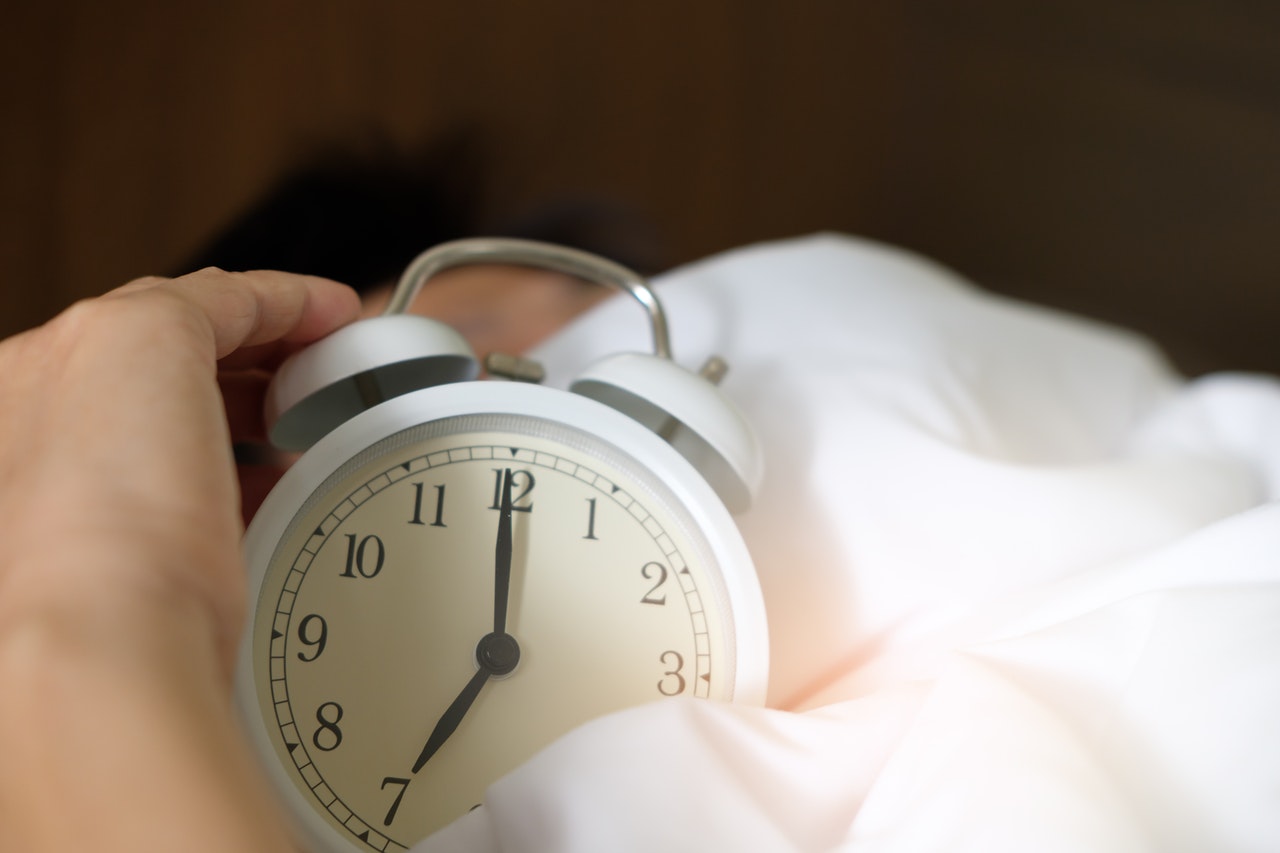Waking up in the morning and feeling overwhelmed? How to recharge your energy in five minutes
 For some people, the morning is the best part of the day. Already at five in the morning, they briskly get out of bed, go for a run, do exercises, prepare smoothies, manage to read 20 pages of a book, and go to the office in high spirits. For others, the hours of awakening are torment and constant bargaining with themselves. They wake up broken and tired, constantly switch the alarm clock, until the last moment they cannot get out of bed. The main thing is to exclude chronic fatigue if you belong to the second type of people.
For some people, the morning is the best part of the day. Already at five in the morning, they briskly get out of bed, go for a run, do exercises, prepare smoothies, manage to read 20 pages of a book, and go to the office in high spirits. For others, the hours of awakening are torment and constant bargaining with themselves. They wake up broken and tired, constantly switch the alarm clock, until the last moment they cannot get out of bed. The main thing is to exclude chronic fatigue if you belong to the second type of people.
We will tell you how to distinguish one from the other, as well as start the day cheerfully and swing faster than usual.
Stay on a sleep schedule
A hackneyed truth that is important to mention. The biological clock is extremely important for the body, and you will feel completely different if you go to bed at 10 pm and get up at 6 am, or fall asleep at 4 am and wake up at 12 noon. In both cases, you sleep for 8 hours, but in the first – the body, brain, and organism as a whole are resting, and in the second – only the body.
Try to go to bed and wake up at the same time – it doesn’t matter if it’s weekdays or weekends. A properly tuned circadian rhythm, or biological clock, affects your morning rise and well-being throughout the day.
Create the conditions for quality sleep
If possible, get a comfortable mattress and pillow that will not hurt your back or neck, and you will not feel overwhelmed. Buy a sleep mask and earplugs, curtain the windows with dark curtains that block out the light, exclude any backlighting, even one that seems insignificant. It is also advisable to ventilate the room, monitor the optimal temperature and humidity in the bedroom: 30-60% is considered a normal level.
Find the right alarm clock
One option is to buy a light alarm. Half an hour before the set time, a lamp is turned on on the device, the intensity of which is constantly increasing. This mildly affects the sleep hormone, melatonin, which makes it easier to wake up.
You can buy a sleep tracker on your wrist or download an app on your phone that monitors the phase and cycle of sleep, and wakes up a person the moment he is ready to wake up. Alternatively, turn on the fade-up feature on your phone so that the alarm rings in incremental steps.
Rise from the first signal
Make it a rule to get up as soon as you hear a ringtone and turn off the schedule for subsequent alarms on your phone. Try moving the alarm to a different part of the room so that you can’t reach it and you have to physically get up to mute the ringer.
Warm-up immediately
Woke up – stretch right in bed. Do this slowly and with pleasure, feel every muscle and ligament. After – go up, do a five-minute charging poprisedayte, jump, wait in the bar or on the needle mat. This will help disperse the blood, tone the physical and nervous systems.
Take a cold shower
If you are not ready for the ice treatment, start at your usual water temperature and gradually reduce it. A contrast shower will have a positive effect on immunity and vigorous mood.
Turn on your morning playlist
Put together the tracks ahead of time that will set the tone for your day. Collect the most rhythmic compositions from your favorite music genre: rock, techno house, R’n’B, electronic, or dance hits. If you find it easier to tune in to jazz, instrumental or classical sounds – start your morning with them.
Plan Something Cool
Get inspired and motivated to start the day and get out of bed faster. Don’t look for something supernatural: promise yourself something personal that you want.
Buy a ticket for a morning movie screening, take a walk in the deserted city center, sign up for the pool, sit on the waterfront, make dessert or cheesecakes with your favorite topping, have breakfast in a cool coffee shop or in the fresh air, have a picnic, try a new recipe with avocado .
Eliminate chronic fatigue
Constant fatigue, sleepiness, and weakness during the day can signal a lack of important vitamins in the body. Cases of lack of a specific vitamin are rare. Usually, there is a shortage of a whole group of nutrients. When fewer vitamins are supplied to the body than needed, this affects the reduced number of red blood cells, which can provoke anemia, which is characterized by a breakdown and depression.
Do not self-medicate according to information on the Internet: vitamin deficiency is determined only by blood tests. Consult an endocrinologist to get recommendations on the diagnosis, treatment and prevention of nutrient deficiencies and to determine a further treatment plan.